
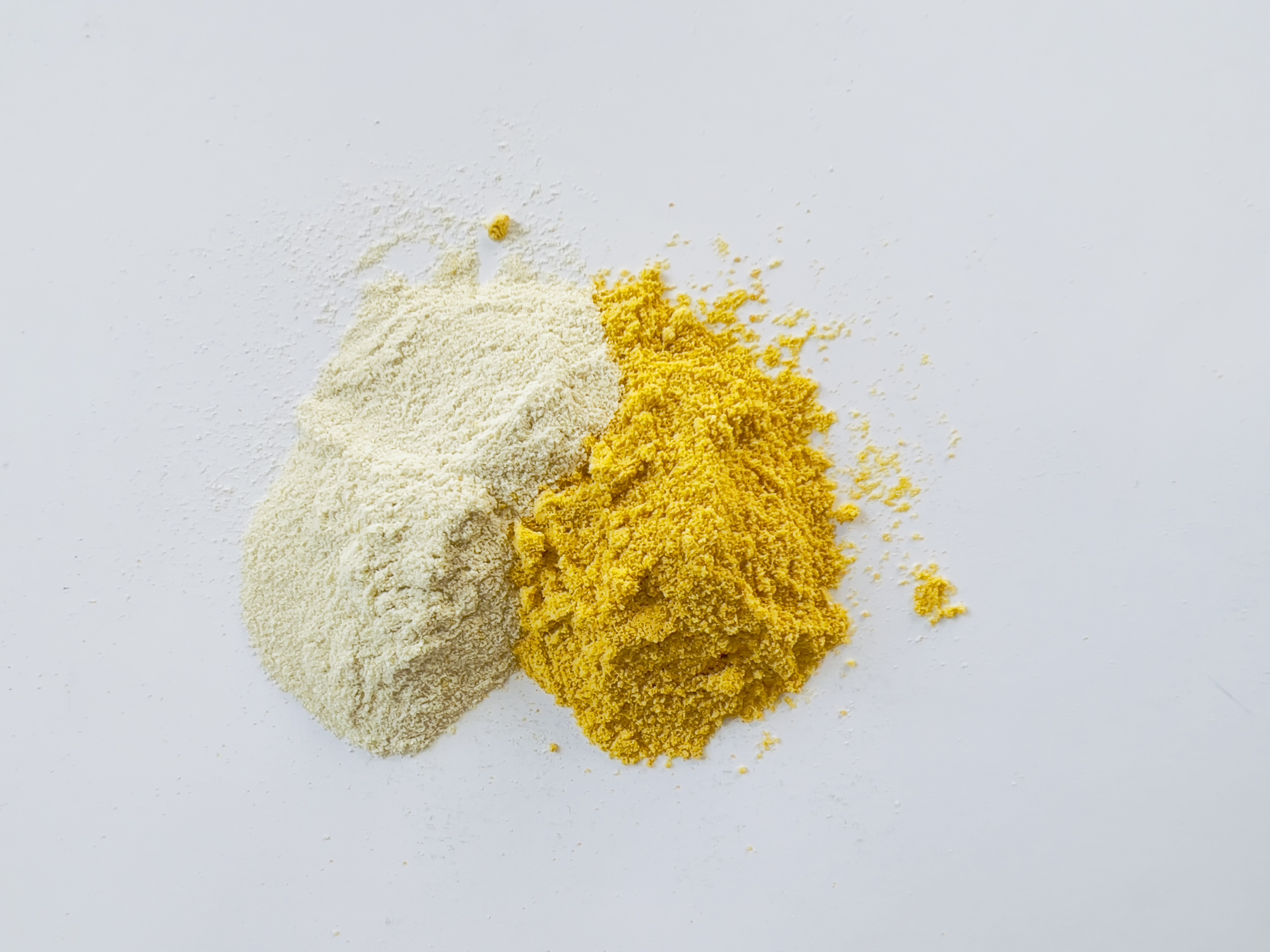
Ones to Watch: Recipe for success
David W. Smith examines some of the innovative, healthier and more sustainable ingredients that could potentially lie beneath the alternative foods of the future
There are almost as many future market predictions about the alt-proteins space as there are alt protein innovations. Nevertheless, in context, some are worth highlighting.
According to a 2021 Bloomberg report, the plant-based food market is expected to reach an astonishing US$162 billion by 2030, up from US$29.4 billion in 2020. More recently, a report from Research and Markets predicted the ingredients part of that meat-free pie to reach US$3.76 billion in 2022, potentially reaching US$7.64 billion by 2027. Future Market Insights, meanwhile, estimates sales of plant-based ingredients to reach a value of US$42 billion by 2032.
Despite the divergence in these forecasts – and there are some differences of opinion – what’s certain is more and more consumers are making the switch to plant-based diets, hence there will be a dramatic increase in the demand for the ingredients for plant-based foods in the years ahead. This demand will need to be matched by the supply – and the suppliers in the sector will need to ensure they do not make the same sustainability errors of their predecessors in the conventional foods sector, while at the same time developing products that are healthier, tastier, more nutritious and resilient to supply chain shocks. Here we look at eight innovators developing the ingredients for success.

HATCHING A PLAN TO FEED THE WORLD
French company Ÿnsect was created in 2011 by four scientists and environmental activists whose ambition was to place insects at the base of the food chain. They selected the tenebrio molitor, or mealworm beetle, and developed ingredients such as flours, oil and fertilizer. Ÿnsect is now the largest company of its kind with a backlog of US$150 million of orders for the next four years and US$850 million in the pipeline.
Our protein has the best of both worlds. It’s as sustainable as plant protein and as high in quality as animal protein
“The tenebrio molitor has a much higher protein content (72%) than, for example, the black soldier fly,” reveals Antoine Hubert, Co-Founder & CEO. “It’s nutritionally similar to milk as it has all essential amino acids and is easily digested. Mealworms are also gregarious, live in the dark, don’t fly and aren’t prone to picking-up disease.”
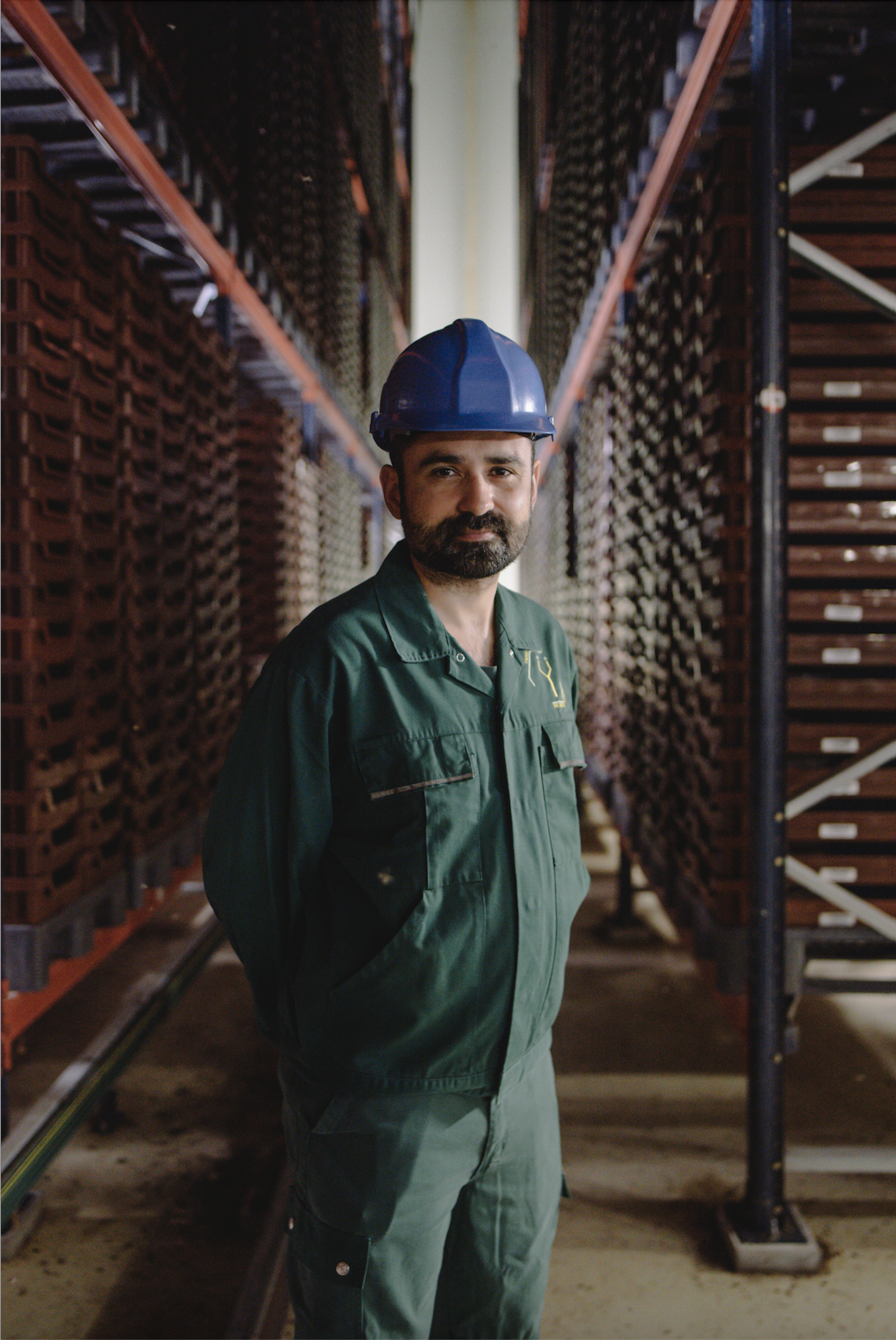
Before launching its first vertical farm in Dole, France, Ÿnsect spent four years in the R&D phase. The team evolved a process using AI, computer vision and robotization. “We had to adapt existing industrial models to our insect’s culture,” Hubert continues. The farm in Dole began operations in 2015, but Ÿnsect wanted to scale-up and started the construction of a larger 36m-high vertical farm in Amiens. It will eventually be the biggest in the world with a production capacity of 200,000 tons a year. “The market is growing so fast that we’ll need 15 vertical farms around the world by 2030.”
To date, Ÿnsect does not produce finished products. Its flours, oils and fertilizers are sold to manufacturers in three markets – human, animal and vegetable nutrition.
Insect farming, Hubert notes, is highly sustainable compared to traditional breeding. There is lower use of land (-98%) and resources (-40 times) that result in lower GHGs (-40 times). “Our protein has the best of both worlds. It’s as sustainable as plant protein and as high in quality as animal protein,” he says. The insect products also help stakeholders operate in a circular economy. “If farmers producing raw materials for our insects use our fertilizer, they’ll reduce their impact. Meanwhile, by exchanging fishmeal for insect meal to feed farmed fish, Ÿnsect provides a sustainable solution to overfishing.”
Ÿnsect has made rapid strides. It closed 2020 with US$435 million in funding and in 2021 received the green light from the European Food Safety Authority to integrate tenebrio molitor into human nutrition. In the same year, it acquired Protifarm, a former world leader in insect-based proteins for human consumption. Then, in 2022, it acquired Jord Producers, a farm located in Nebraska, in doing so providing a foothold in the USA.
Challenges remain. The most difficult are getting regulatory approvals, which is an ongoing process, and persuading customers that insects can be a normal part of their diets. Attitudes are changing however. In April 2022, Ÿnsect conducted an international survey with OnePoll and 96% of respondents had already eaten insects or were ready to do so. One in two French people said they would eat them after the health and environmental benefits were explained, and 71% of Americans wanted to try more insect products. “These data show consumer acceptability is evolving, in line with awareness of environmental and food issues,” Hubert concludes.

Israeli microalgae specialist finds the sweet spot for proteins
Yonatan Golan, Co-founder of Israel’s Brevel, says his company has found a technological method to make microalgae protein price-competitive with leading sources of plant-based protein today. The protein comes as a dry powder which is subsequently added to formulations.

“Brevel’s technology is the first to combine sugar-based fermentation of microalgae with a high concentration of light at industrial scales,” Golan says. “The result is a protein that is as cheap to produce as pea and soy and is color- and flavor-neutral.”
Golan reveals that microalgae are normally produced either by photosynthesis in outdoor and indoor ponds, or closed reactors. But these methods are “very labor intensive, suffer from contaminations and produce at low yields and high costs”. A cheaper, more productive alternative is to use fermentation tanks where sugar is added to the process. “But this is done today in the dark and, in the absence of light, many benefits of microalgae are lost,” he reports.
We’ve broken through the glass ceiling on price
Brevel’s automated indoor systems are illuminated from within at high intensity. The process enables the production of microalgae at a cost reduction of more than 90% and includes nutrient-rich ingredients and functionalities only produced in the presence of light. “We’ve broken through the glass ceiling on price,” Golan states.
Microalgae naturally contain 40-60% protein alongside various other healthy ingredients. They grow in lakes, rivers, oceans and even deserts and the arctic. “More than 500,000 strains exist, but only a small fraction have been researched and are being used for food, feed, cosmetics, nutraceuticals, fertilizers and production of biofuel,” Golan continues.
Brevel has so far raised US$8.4 million from investors, which will be used to build a commercial pilot factory as the basis for scaling-up the technology and enhancing R&D capacity. The round also included significant funding from the EU’s prestigious Horizon 2020 research and innovation funding program as well as Israel’s Innovation Authority.
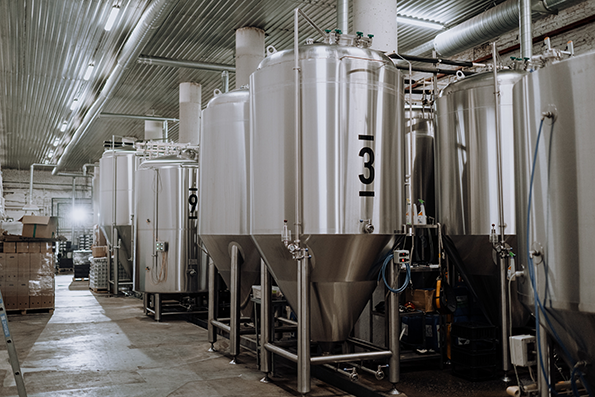
When it comes to mycelium, it’s a matter of taste
The Hamburg, Germany-based biotech company, Mushlabs, produces protein by growing mycelium on side streams and using it as a raw ingredient in food products. One of the most original aspects of the process is using mycelium from well-known edible mushrooms and growing it in submerged fermentation.

“Food is highly emotional,” feels Thibault Godard, CSO & Co-founder. “Everyone should have access to sustainable, nutritious food that doesn’t destroy the planet. Fungi embody this well as mycelium builds a network between players in an ecosystem and collects and distributes nutrients between them. It’s a great analogy for how we want to change the food system.”
Taste is an important factor in persuading people to eat meat alternatives and the mycelium of edible mushrooms have a natural umami aroma and little to no off-flavors. “It allows us to create clean products with an amazing taste, natural cooking behavior and only a handful of ingredients,” Godard says. “We can also steer the final taste by selecting optimal fungi strains and varying the medium we grow our mycelium in. Fungi have such a wide variety of flavors, and mycelia's texture can vary greatly. The goal is to provide a product that tastes so good people will want to eat it because they like it – not just as a meat replacement.”
We can also steer the final taste by selecting optimal fungi strains and varying the medium we grow our mycelium in
The company began four years ago and has worked with partners such as Bitburger, which invested early on and provides sustainable side streams from its brewing processes. This year the value of Mushlabs approach was recognized with funding from the European Innovation Council. “That was a huge milestone. When we started four years ago, nobody but us was talking about food security, decentralized local production and accessibility to healthy food in the way it’s talked about now. This EU recognition shows we’re working on something essential.”
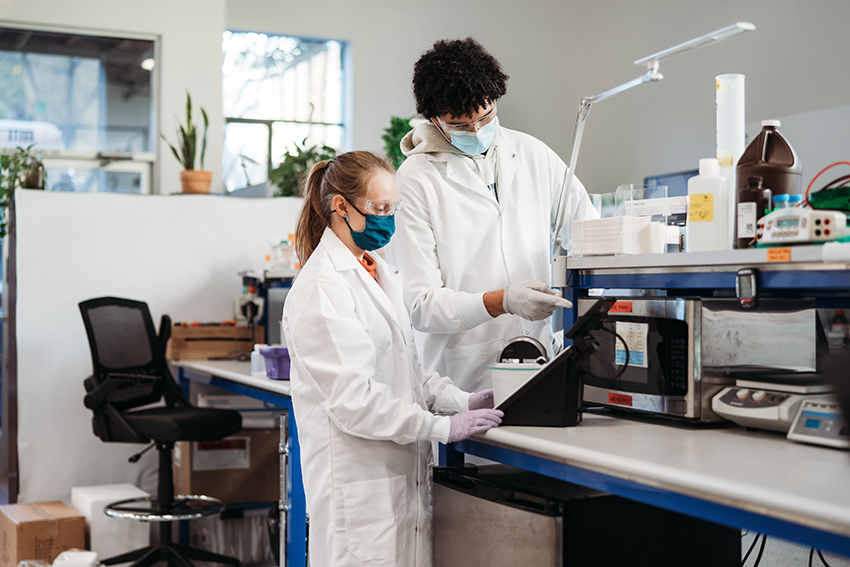
Identifying ingredients to solve specific functional challenges
Shiru, founded in the USA in 2019, uses cutting-edge computer technology to evaluate hundreds of millions of naturally occurring proteins to select the best candidates for novel functional ingredients. The company partners with leading food companies looking to replace specific functional ingredients with sustainable alternatives.
Shiru is like the pantry of the plant-based foods industry, creating the best ingredients for food makers to pull from
“With the match-making capability of our program, Flourish, we can find proteins that fit customers’ specific ingredient profiles. Not only can we replace unsustainable, animal-based sources of ingredients using novel fermentation routes, but also discover ingredients that exceed those we use today,” explains Julian Lewis, Shiru’s Vice President of Business Development.
.png)
Lewis believes precision fermentation is the key to a sustainable food system. “It’s a viable solution to an impending food crisis as we can create food ingredients anywhere in the world, sustainably, with very limited inputs,” he suggests.
Shiru is capable of mapping-out how certain proteins will perform as ingredients. “We can tackle questions such as which proteins will make vegan cheese stretchier, or give non-dairy chocolate the right melting point. Proteins have long been studied in the biopharma space for medicinal purposes, but the functionality and uses for them as food ingredients hasn’t been explored as thoroughly until now. Shiru is like the pantry of the plant-based foods industry, creating the best ingredients for food makers to pull from."
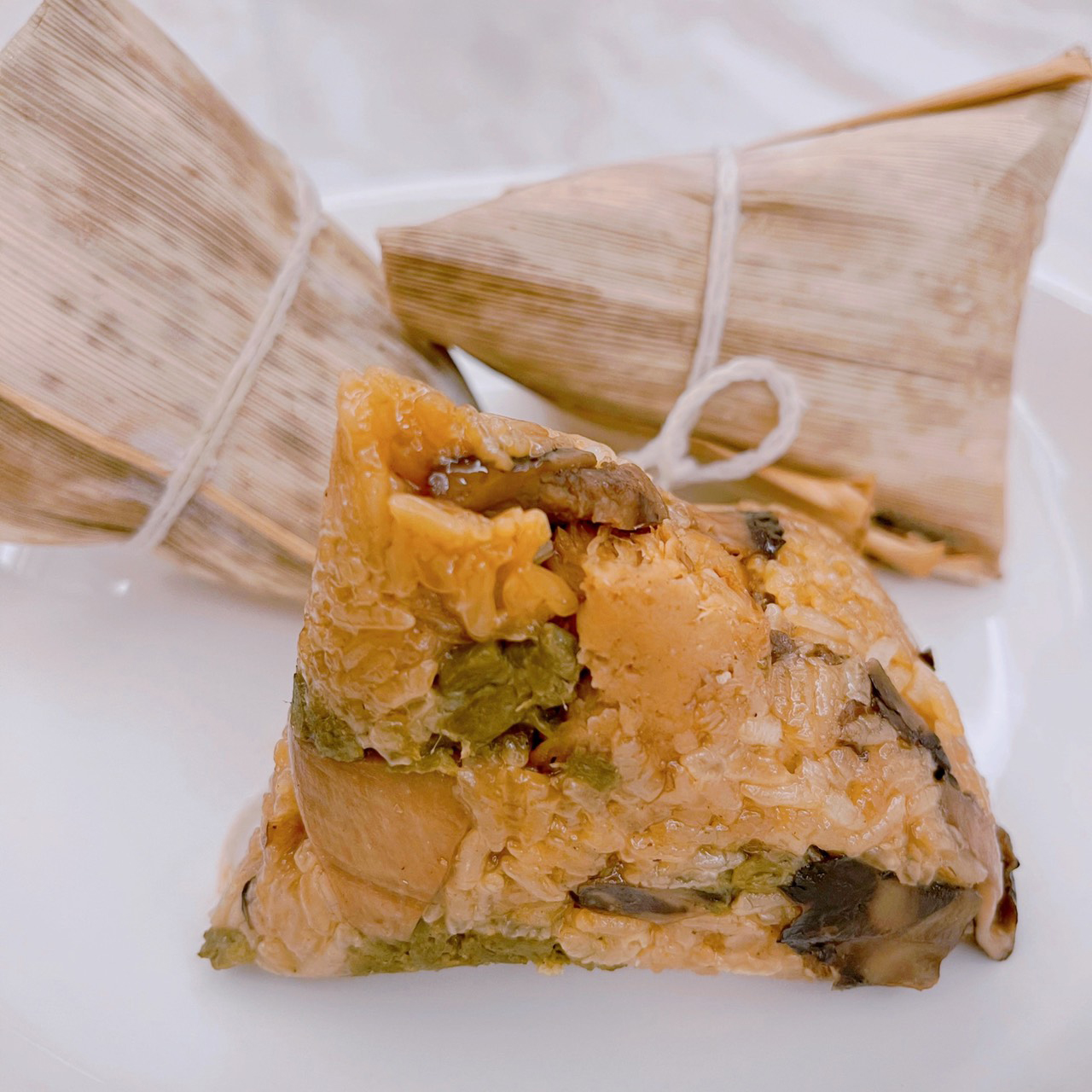
Bringing circularity to the world of proteins
Sophie’s Bionutrients is the first company to produce a pure protein power using chlorella, a microalgae that has been used in the nutraceutical industry for decades. The company isolates protein concentrate from the biomass, then sells the flour to other food manufacturers, such as Sigma Alimentos in Mexico.
By locating the factory inside a food manufacturer and using their food waste, we’re creating a circular economy
A major source of inspiration for Eugene Wang, Co-founder, was his daughter Sophie’s allergy to seafood as well as his desire to get nutrients from the ocean without hurting animals. “That’s how I stumbled across this bigger opportunity to grow protein sustainably,” he says.

Strains of microalgae are specially bred and selected, then fed with industrial food waste, such as the spent grains from beer breweries. “Our technologies have a minimal footprint,” Wang continues. “And by locating the factory inside a food manufacturer and using their food waste, we’re creating a circular economy.”
Microbial fermentation is unfamiliar to most investors and the fermentation of microalgae is even more novel. “That makes access to funding the number one difficulty, especially amid this bad macroeconomic situation,” Wang adds.
But the company is determined to scale-up production, which is why Wang chose to relocate to Europe from Asia. “There are more concentrations of professional helpers to assist biotech companies to scale-up in Europe than anywhere else in the world.”
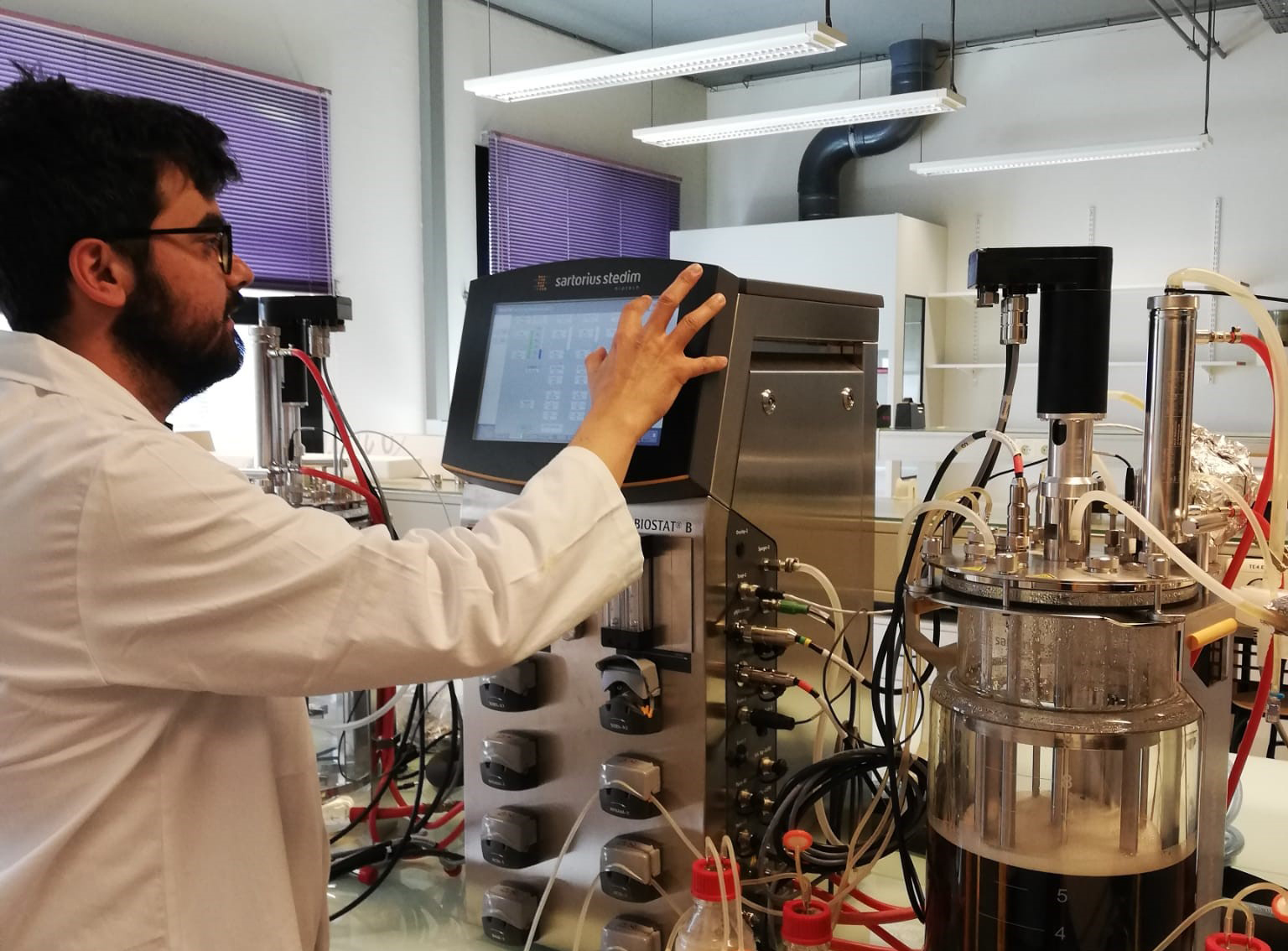
Animal-free myoglobin ups the ante in alt meat arena
Former Belgian politician, Hermes Sanctorum, believes plant-based meat alternatives today are stuck in an “uncanny valley” of tasting almost, but not quite, like meat. That’s why he quit politics to follow his dream of using precision fermentation to create animal-free heme proteins that are bio-identical to meats and tuna. The company has even discovered the myoglobin sequence for the woolly mammoth.
We’re able to create meatier-tasting products than a few years ago, but the Holy Grail remains to create a meat alternative that looks and tastes like steak

Sanctorum, who has a PhD in environmental chemistry, says myoglobins are responsible for the dark red color of beef and tuna, and are vital for taste. “Once myoglobin is added to a soya burger, the taste moves much closer to meat,” he says. “We’re able to create meatier-tasting products than a few years ago, but the Holy Grail remains to create a meat alternative that looks and tastes like steak. It’s complex and not easy to replicate.”
Getting as close to the taste of meat as possible is crucial, Sanctorum continues. “Some vegetarians have no desire for plant-based foods to taste meaty, but most people who are open to eating plant-based alternatives enjoy meat and fish, but feel some ethical discomfort.”
The process is highly sustainable. “It’s -100% on animals and -99% on land use. And there is less water consumption, and lower greenhouse gas emissions as you don’t have cattle producing methane.”
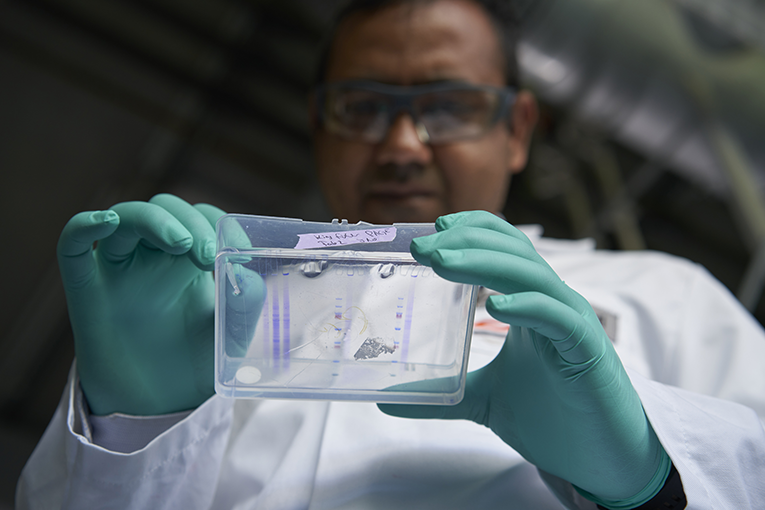
An expression platform for the production of proteins
German company, LenioBio, has developed ALiCE, which the company suggests is the first scalable plant-based, cell-free expression system to create any proteins. ALiCE lysate provides an alternative to precision fermentation and shows impressive speed and yields in producing difficult-to-express proteins.
“Speciality ingredients such as protein sweeteners, hemoglobin to change the taste of plant-based meat, or growth factors for cultured meat, have enormous potential, but there are significant production challenges,” reports Jasper Levink, Chief Business Officer. “Instead, we have created one platform to produce any of those proteins at any scale.”
.jpg)
The initial inspiration came from the Ebola epidemic in 2014-2016 in Western Africa. Urgent drugs were required, but it required huge amounts of greenhouse space to make them and the process was too slow. LenioBio was founded to provide quicker, more sustainable solutions.
Speciality ingredients such as protein sweeteners, hemoglobin to change the taste of plant-based meat, or growth factors for cultured meat, have enormous potential
“Something similar happened during the Covid pandemic: scaling vaccine production can take up to a year. With ALiCE, any protein can be produced within 24-48 hours,” Levink says. “If you want to express 100mg of hemoglobin, as long as you have the DNA, it can be ready tomorrow.”
Potential applications are endless, including creating cultured plant-based meat. “We’re publishing research on the potential together with the Good Food Institute. And we’re working with some large cultured meat companies on food applications.”
.jpg)
Rice: a further step in Roquette’s contribution to the food revolution
One of the giants of the plant food sector, Roquette, recently introduced two new rice protein in its Nutralys range. They are composed from a rice protein isolate and a rice protein concentrate.
We’re continually expanding our range with different content, shapes and technical characteristics
Roquette’s main focus to date has been pea protein, a fast-growing market. “The demand for pea protein has massively accelerated, particularly in the plant-based meat sector. But we need to be reactive to follow demand, and innovation is key,” explains Jeremy Burks, Senior Vice President of Plant Proteins.
.jpg)
Recent innovations include the creation of specific isolate proteins to formulate plant-based meat with lower sodium content. And in May 2022, Roquette launched an organic range of texturized pea and fava proteins. “We’re continually expanding our range with different content, shapes and technical characteristics.”
Sustainability is a key focus for Roquette. The company chose pea for plant-based protein as it consumes low amounts of water and nitrogen, and is a good crop for rotation. The company reduces its environmental impact by accessing raw materials close to market. “We’ve built plants in the world’s two largest pea-producing countries, France and Canada. Such proximity to busy markets is possible because of our involvement all along the value chain, from partnership with agri to innovative solutions backed by close customer support.”
If you have any questions or would like to get in touch with us, please email info@futureofproteinproduction.com
More Features

Feeding change

Protein Pioneer: Kesha Stickland








